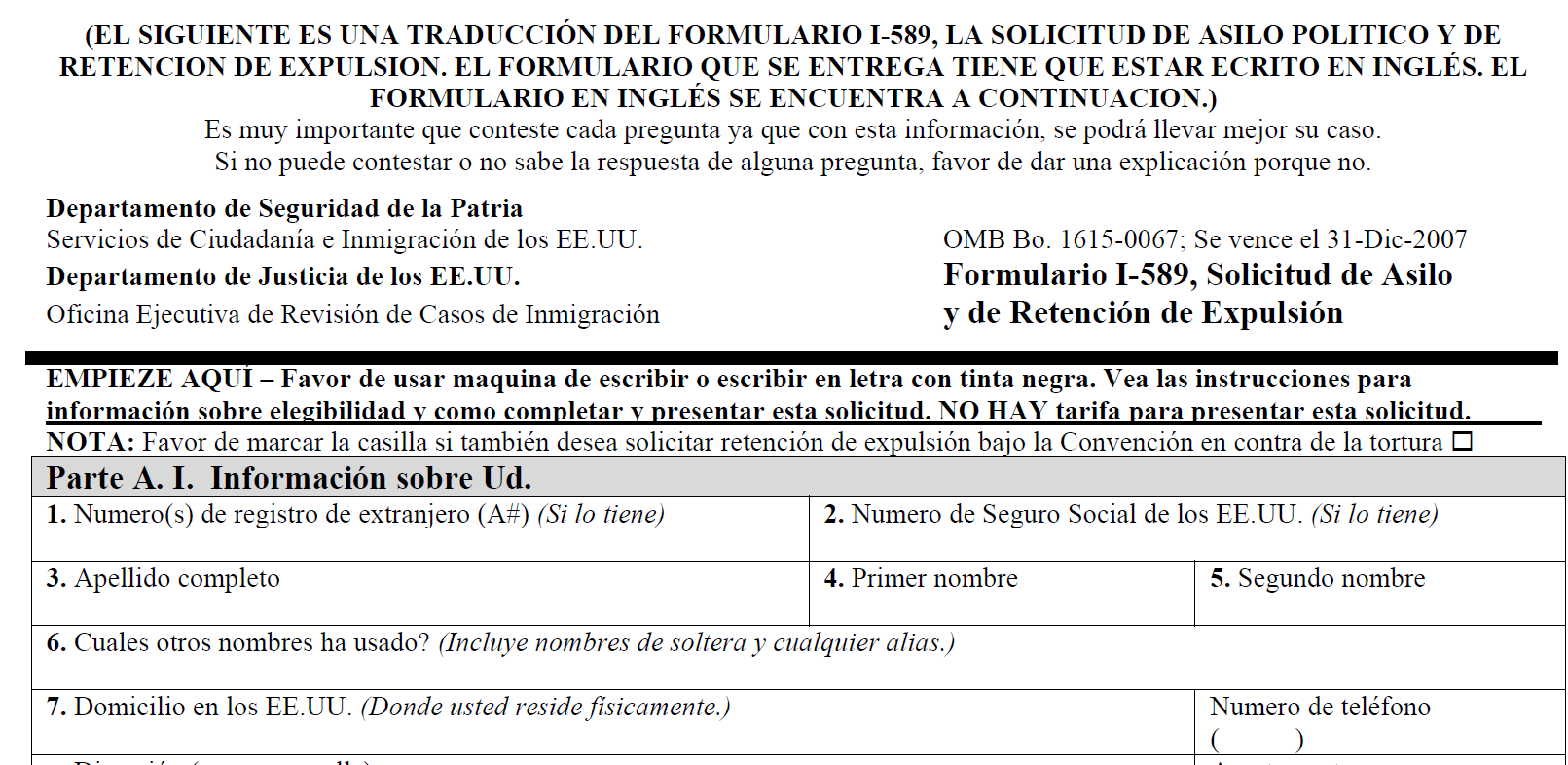
Community templates
Disclaimer: Legal Information Only – Not Legal Advice. VAAP provides resources on this website for informational purposes only. While we strive to offer helpful, relevant, and accurate information, the legal landscape is constantly evolving, and we cannot guarantee that all resources or content here remain up-to-date. The information on this website is not intended as legal advice, and should not be relied upon as a substitute for professional legal counsel. Every legal situation is unique, and individuals should consult a qualified attorney for advice specific to their case. VAAP is a small team with limited capacity, and while we do our best to connect you with valuable information, we are not responsible for the accuracy, completeness, or timeliness of the resources provided by third parties. Please verify the reliability of any external sources and updates to the law before relying on any information found here.
DO YOU NEED HELP WRITING YOUR AFFIDAVIT?
One of the first steps of the asylum process is a written version of your story. Check out these resources to help with the process.
Opening
Title: “I am applying for asylum because” - Primary Reason
Opening Paragraph
Reason for well founded fear as well as supporting stories relevant to primary reason
Clear description of age, gender, place of origin, and quick description of your situation and why you are here.
Example: here searching for family
Example story with structure (Trigger warning: Domestic/Family Violence)
Statement of Validity
Statement signed by you
States that all of the following information is valid and truthful to your knowledge.
Story format (Adobe Format)
Number paragraphs
Write in the first person (your perspective).
Begin with background
One fact per paragraph with supporting details
Split up the story chronologically.
Segment so you are talking about fear at a time (as seen below)
Story:
Familial/National Background
Setting the scene/providing an image
Establishing living conditions
Familial situation?
How old were you?
Groundwork for harm/fear
Establishing harm/fear
Abuse? Threats?
Citing stories from the past of examples of trauma that have led to this fear.
Consistently include names of people and locations to build credibility
Split up trauma/fear into sections
Ex. Familial Abuse, Gang threats, Fear of war, Etc.
IMPORTANT: Connect these stories to either race, religion, nationality, political affiliation, membership in a particular social group (Example: LGBTQ+ affiliation)
Use names
Names of people and organisations builds credibility
Remember ages, when things happen
Contemporary Life
Coming to the US
How did you arrive?
Why did you arrive this way?
Why now?
How are conditions in the USA?
Going forward
Why can't you go back?
Final Legal/quality Requirements (LegalNature.com)
Signed by you
Notarized by a legal Notary
Grammar check, improper grammar can harm credibility, ensure that you look it over multiple times or have someone fluent in English check it for you if you are not fluent.
Try to keep it concise, do not ramble and make paragraphs as short as possible.

